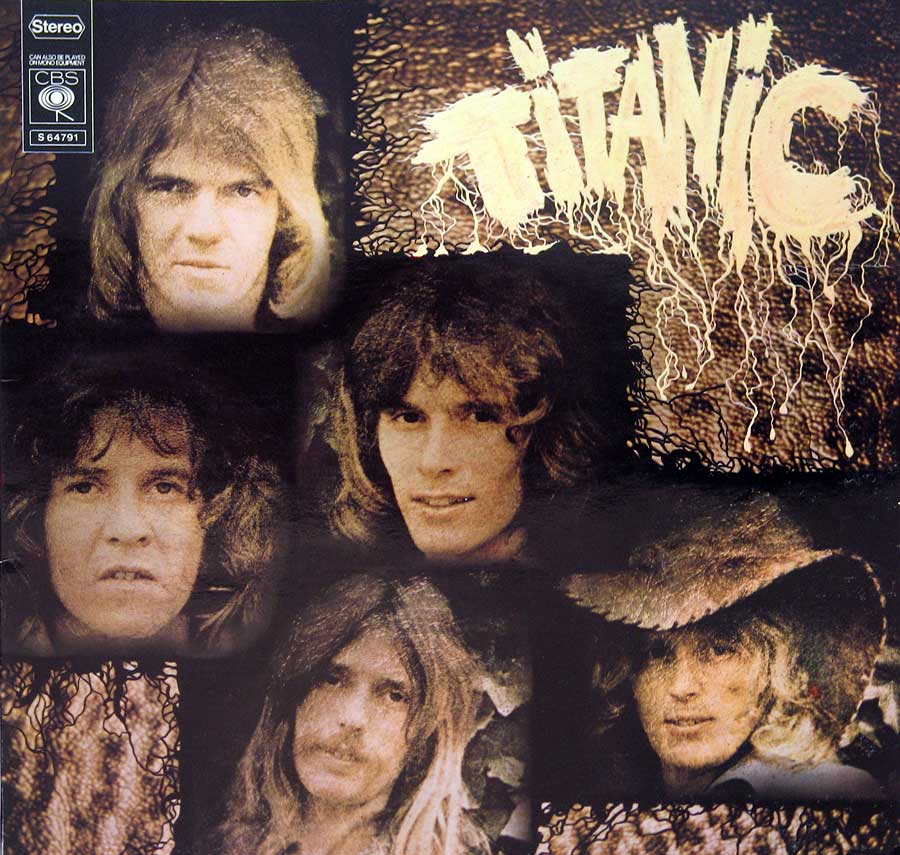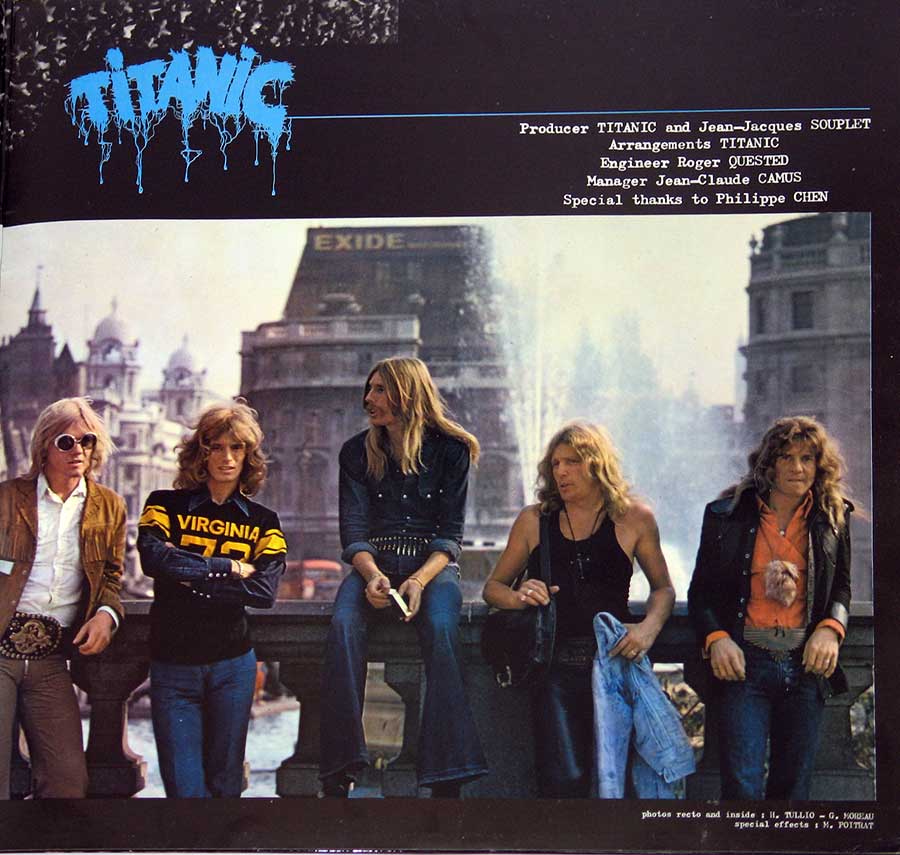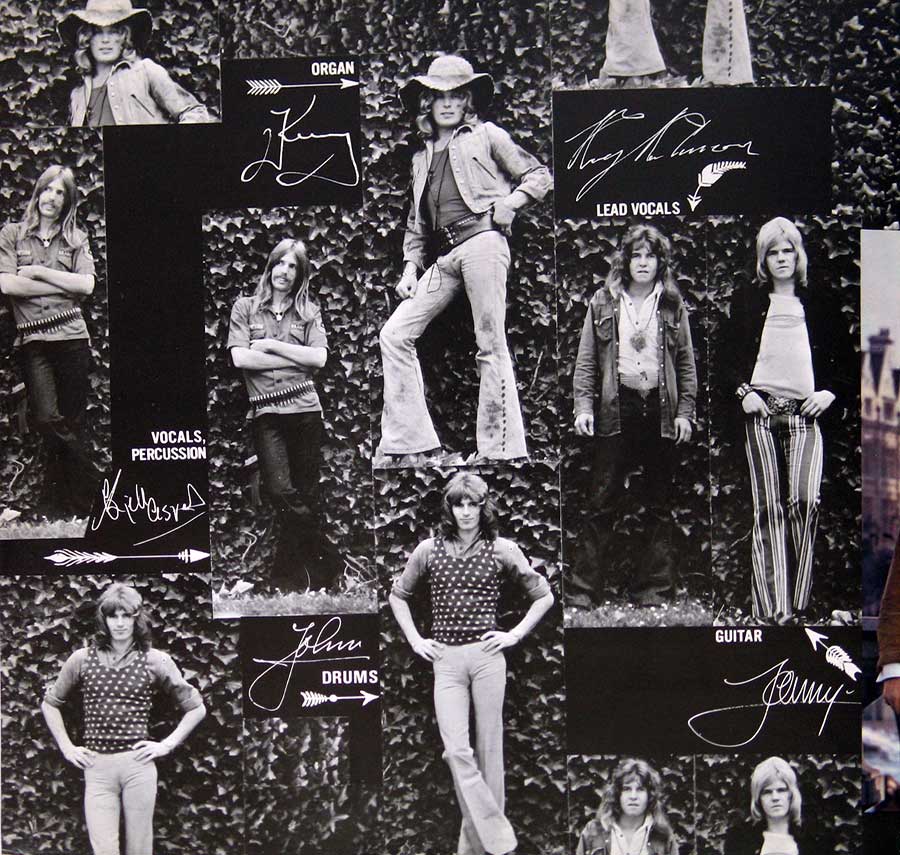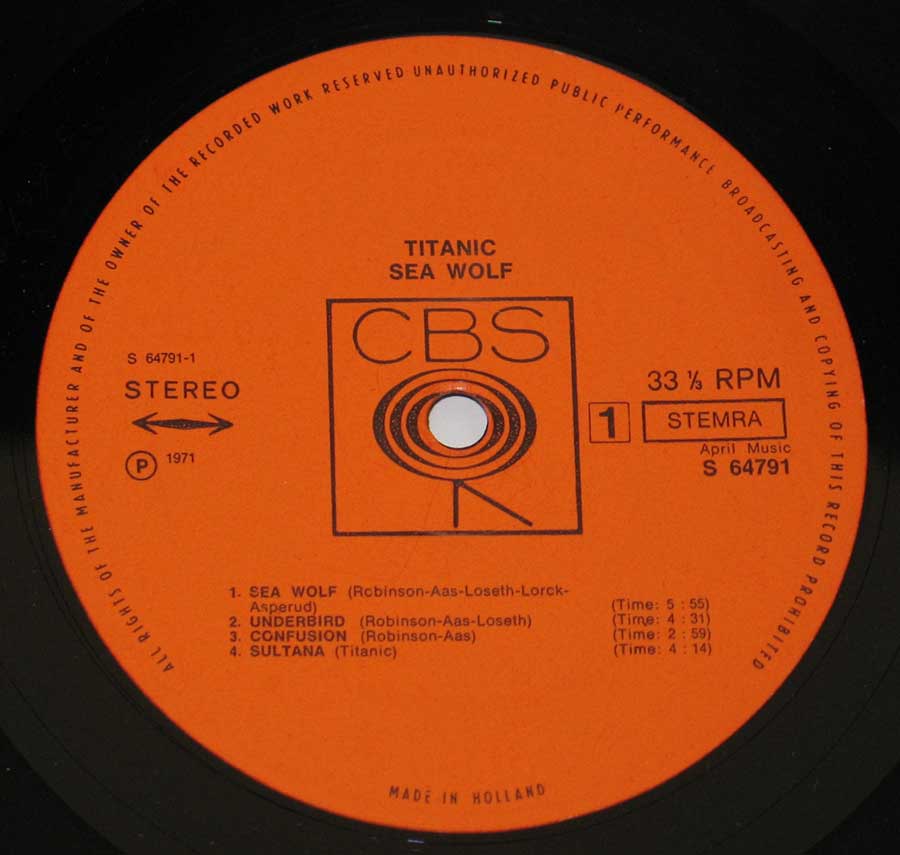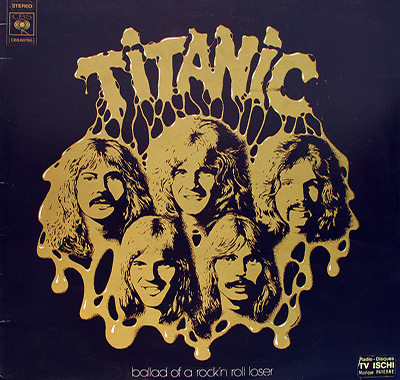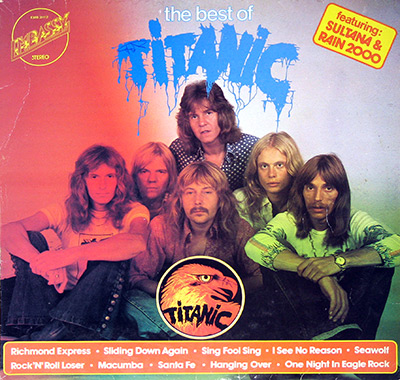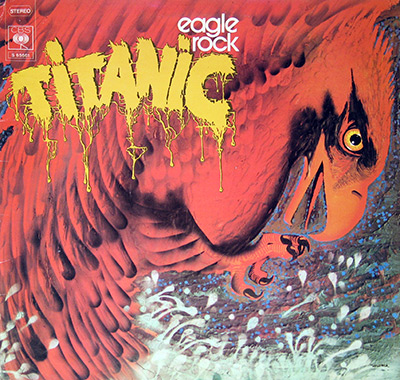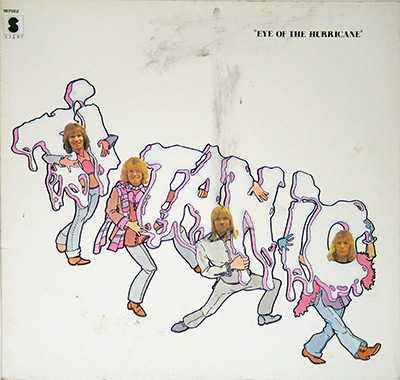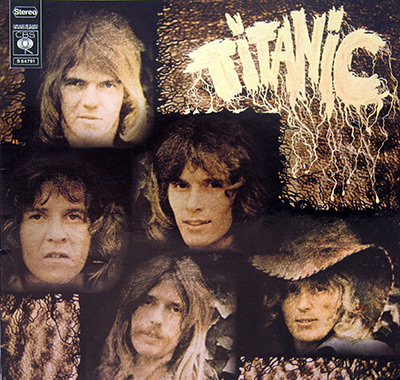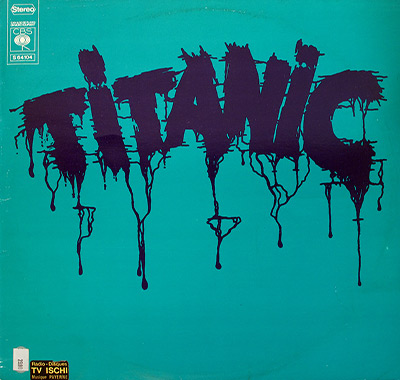In the heart of the early 1970s, amidst a vibrant and evolving rock scene, Norwegian band Titanic released their second studio album, "Sea Wolf." This 12" vinyl LP album, presented in a captivating gatefold cover, embarked on a musical journey that captured the spirit of the era while pushing boundaries in sound and style.
A Changing Musical Landscape
"Sea Wolf" emerged during a time of great experimentation and diversity in rock music. Bands were blending genres, incorporating new instruments and technologies, and tackling social and political themes. Titanic, with their unique blend of progressive rock, hard rock, and even hints of funk and soul, found their place within this dynamic landscape.
Musical Exploration
The album's title track, "Sea Wolf," set the tone with its driving rhythms, powerful vocals, and intricate instrumentation. Titanic's musical exploration continued with songs like "Underbird," showcasing their penchant for melodic hooks and soaring guitar solos, and "Sultana," a fan favorite that became a hit in several countries.
The Men Behind the Music
"Sea Wolf" was the product of a talented group of musicians and producers. Roy Robinson, the band's charismatic frontman, delivered powerful vocals and engaging lyrics. Janne Løseth's guitar work provided the album with its distinctive edge, while Kenny Aas's keyboard playing added layers of texture and depth. The rhythm section, consisting of Kjell Asperud on percussion and John Lorck on drums, laid a solid foundation for the band's sound.
The recording took place at Roger Arnhoff Studio in Oslo, a state-of-the-art facility that allowed Titanic to capture their music with clarity and precision.
